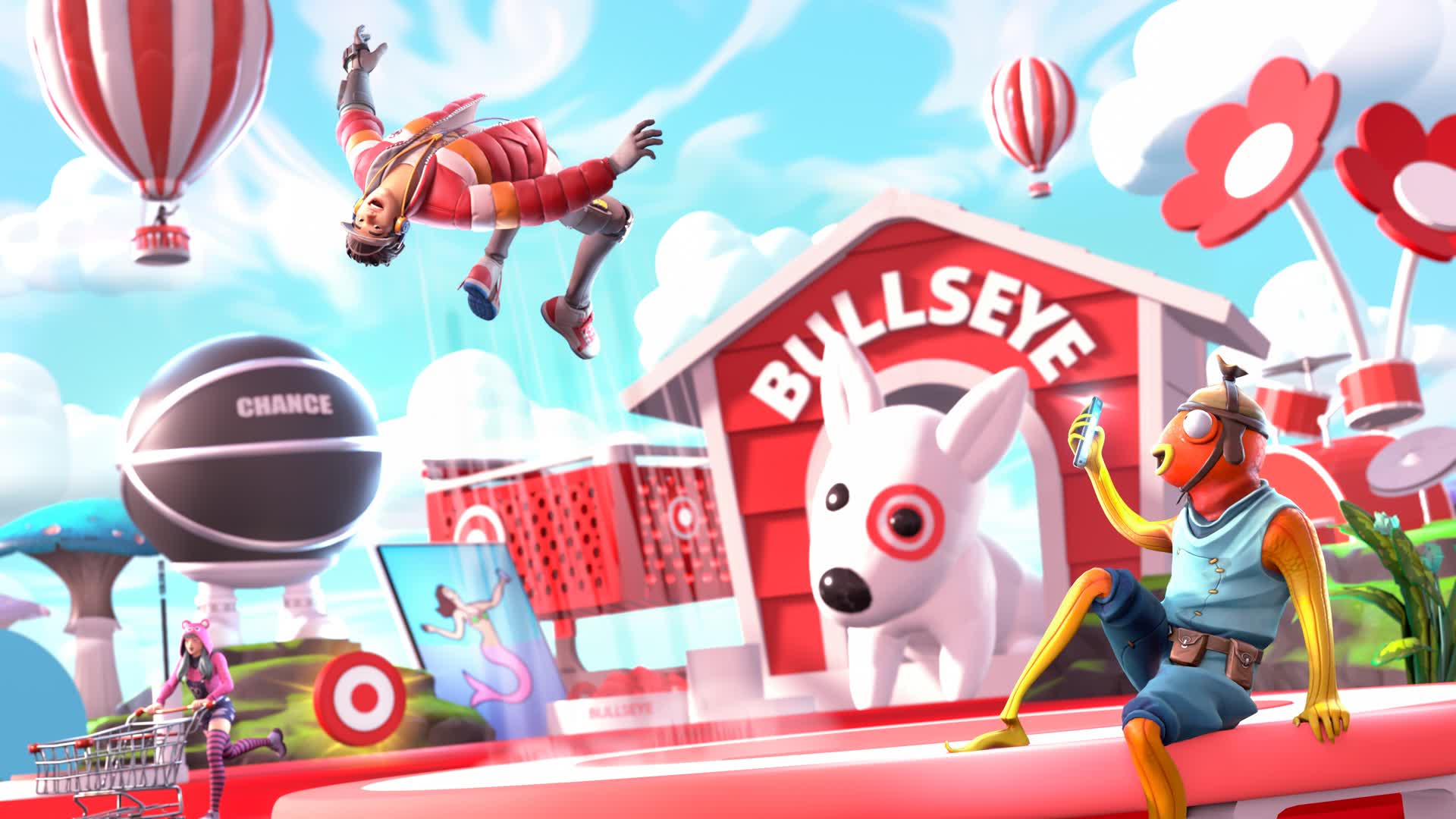How are retail brands finding success in Web3, gaming and the metaverse? The opportunity isn’t always as clear as other verticals, such as fashion or entertainment. Skeptic’s often look to retail as the basis for their argument: ‘Why would people want to complete a mundane task like grocery shopping in a virtual world?’.
But the opportunity for retail in virtual spaces is so much bigger than that. Brands are not only making the shopping experience more seamless, but they’re building communities around their values and reaching consumers of tomorrow by tapping into culturally relevant themes.
So, how are some of the best known retail brands winning in Web3, gaming and the metaverse?
Walmart
When Walmart ventured into Roblox in 2022 with their own branded experience, Chief Marketing Officer, William White, said ‘Roblox will serve as a testing ground as the company considers its moves into the metaverse and beyond’.
The brand sees this experience as a way to experiment with how it engages its consumers, with a particular focus on Gen Z. According to GEEIQ’s platform, Roblox over-indexes with a younger audience, with Walmart having a x3 affinity with the Roblox community and a 12% follower match.
76% of Roblox’s online audience is located in the United States and 70% is under the age of 24. After its opening weeks, Walmart expanded the experience by hosting Electric Fest, a virtual music festival featuring Madison Beer, Kane Brown and YUNGBLUD.
This showcasing of Gen Z artists led to an uplift in engagement across Walmart. Since launch, Walmart Land has had 18 million visits and consistently ranks as a highly engaged virtual experience in the retail vertical.

Target
In October 2022, Target, the eighth largest retailer in the US, took its first foray into the metaverse in the form of the ‘From Spark to Shelf’ activation in virtual gaming environment, Fortnite.
In their map, players race shopping carts and discover stories behind some of the most interesting brands at Target. According to GEEIQ’s platform, Target over-indexes with the Fortnite audience 1.47x, and is overrepresented within the 25-29 age bracket.
Target worked with gaming influencers to drive awareness of the activation, including Typical Gamer, Sushibae and pgod. This was a logical choice; GEEIQ’s platform shows that these influencers have varying social shares across key platforms like YouTube, Twitch and TikTok.
The most engaged piece of content was by Typical Gamer on YouTube, with +833,000 views and +18,000 reactions.

Carrefour
In January 2022, Carrefour, the eight largest retailer in the world by revenue, bought land in The Sandbox.
Elodie Pethusiot, Chief E-Commerce, Digital Transformation and Data Officer, said: ‘This is our first move in the metaverse on The Sandbox. A virtual field, and above all a field of innovation for Carrefour, in line with our digital transformation strategy.’
In May 2022, one month after launching the Supermarket NFBee,‘the world’s first metaverse supermarket’, Carrefour launched its first NFT collection, focused on the preservation of bees.
Ownership included both physical and digital benefits, from exclusive wearables for The Sandbox avatars, access to private Discord channels, and in-store loyalty cards.
About GEEIQ:
GEEIQ help companies of every shape and size to effectively navigate the metaverse through our enterprise platform, which leverages data to identify and optimize metaverse strategies. Our platform has empowered the likes of Gucci, Walmart, Heineken and L’Oreal to enrich the experience of untapped virtual communities, grow addressable audiences, and to create sustainable revenue streams in a new marketing vertical.
